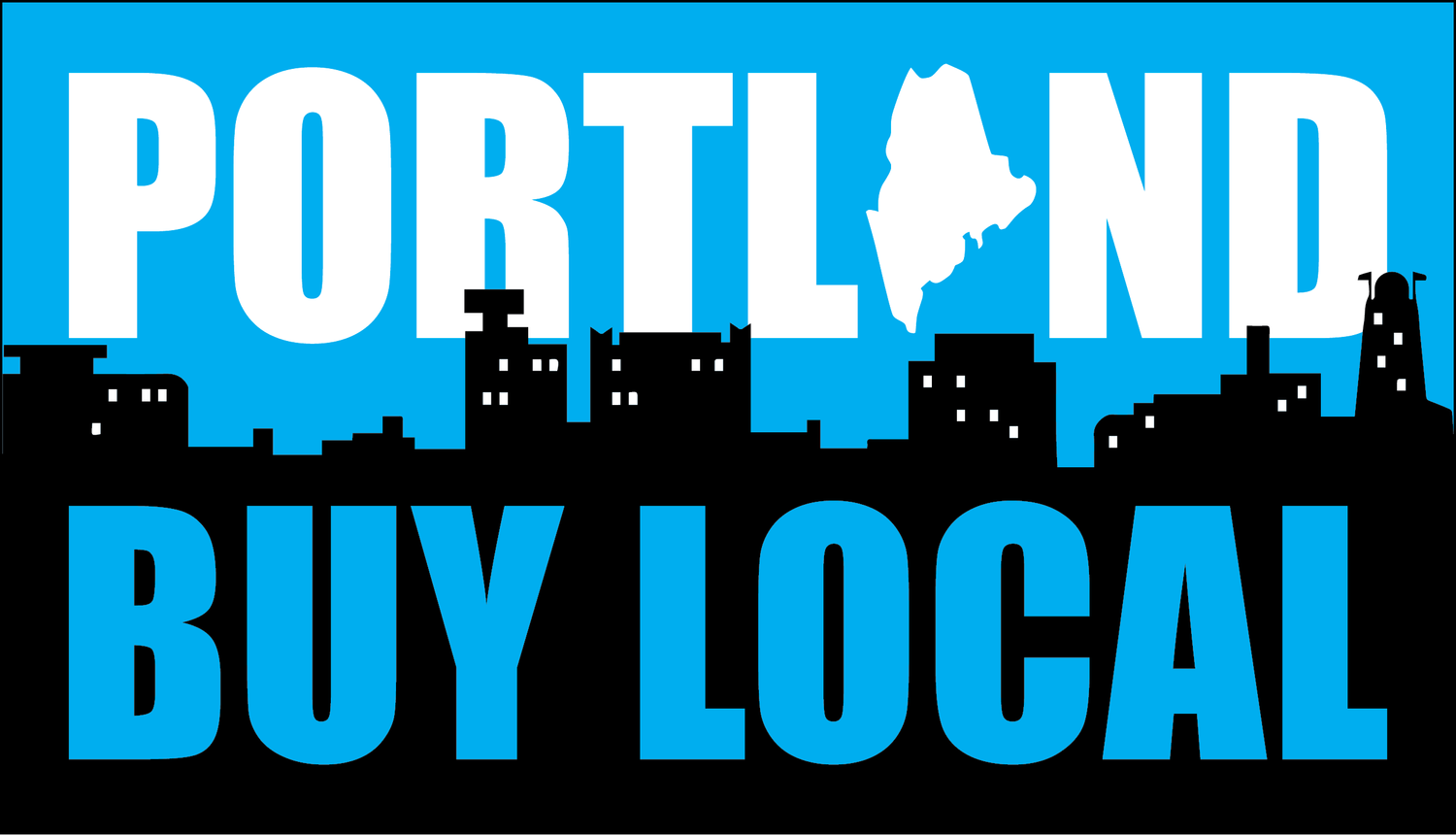WHy local
When you choose local, you keep local businesses in business.
Whether that’s a local clothing store, an independent pharmacy, a neighborhood bakery, or a local art gallery, when you choose local first, you support your community in so many ways.
Numerous studies have found that town and cities with a thriving locally owned, independent business community enjoy many benefits, from improved public health and better tax revenue to higher community engagement and social capital.
Perhaps the most compelling reason to support local is that more of your money stays in your community! A compilation of nine studies from Civic Economics, showed that 53% of revenue from independent retailers recirculated in the local community. For the national chain retailers included in the study, that number was only 13.7%.
Highlights
For every dollar spent at a local business, around 53 cents stays in the community. That’s 3x more than a dollar spent at a big chain store.
Local small businesses are linked to higher incomes and less inequality in their communities.
Independent businesses generate more tax revenue at lower public cost.
Communities with a higher percentage of local businesses have an improved level of social capital, civic engagement, and well-being.
It’s estimated that 80% of small businesses actively support local charities, events, and organizations.
When all other factors were equal, areas with a greater concentration of small businesses had improved public health outcomes over those with fewer.
Statistics
More Money Recirculates Locally
About 53% of revenue from independent retailers recirculated locally. For national chain retailers, that number was just under 14%.
Community Engagement
A survey revealed that 80% of small businesses have a mission to give back to their local community. This includes donating to local charities, sponsoring local events, and encouraging employees to shop at local businesses.
Improved Public Health
When all other factors were equal, areas with a greater concentration of small businesses had improved public health outcomes over those with fewer small businesses.
Environmental Sustainability
Local businesses often contribute to environmental sustainability by supporting compact, walkable town centers, which help reduce sprawl, automobile use, and pollution.
Better Tax Revenue
A community earns about $7 in property taxes per acre on the average big-box retail store, compared to $287 per acre on a mixed-use, mid-rise business district.
Social Capital & Civic Engagement
Communities with a higher concentration of local businesses have been found to have stronger social ties, higher levels of civic engagement, and better success in solving community problems.












